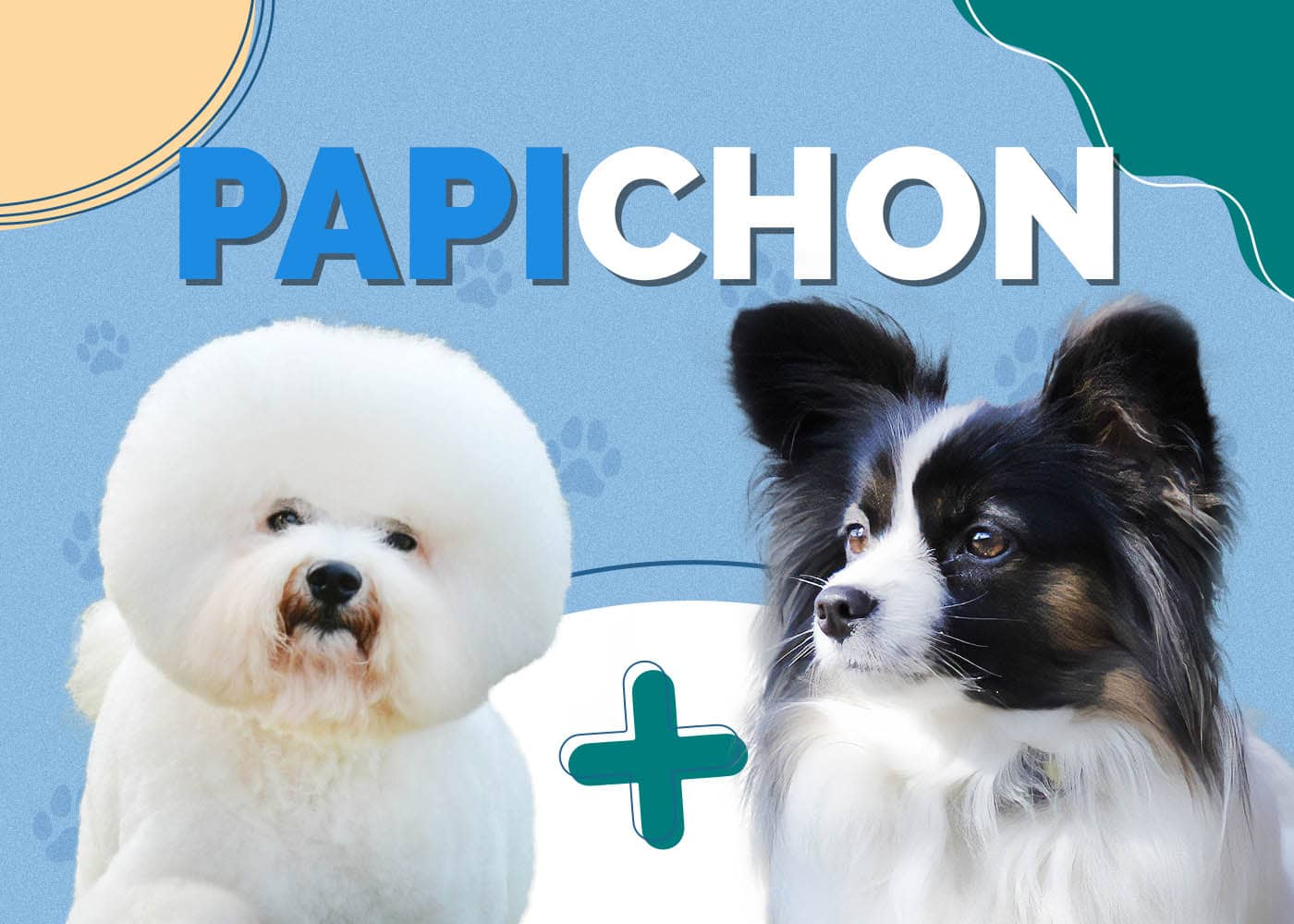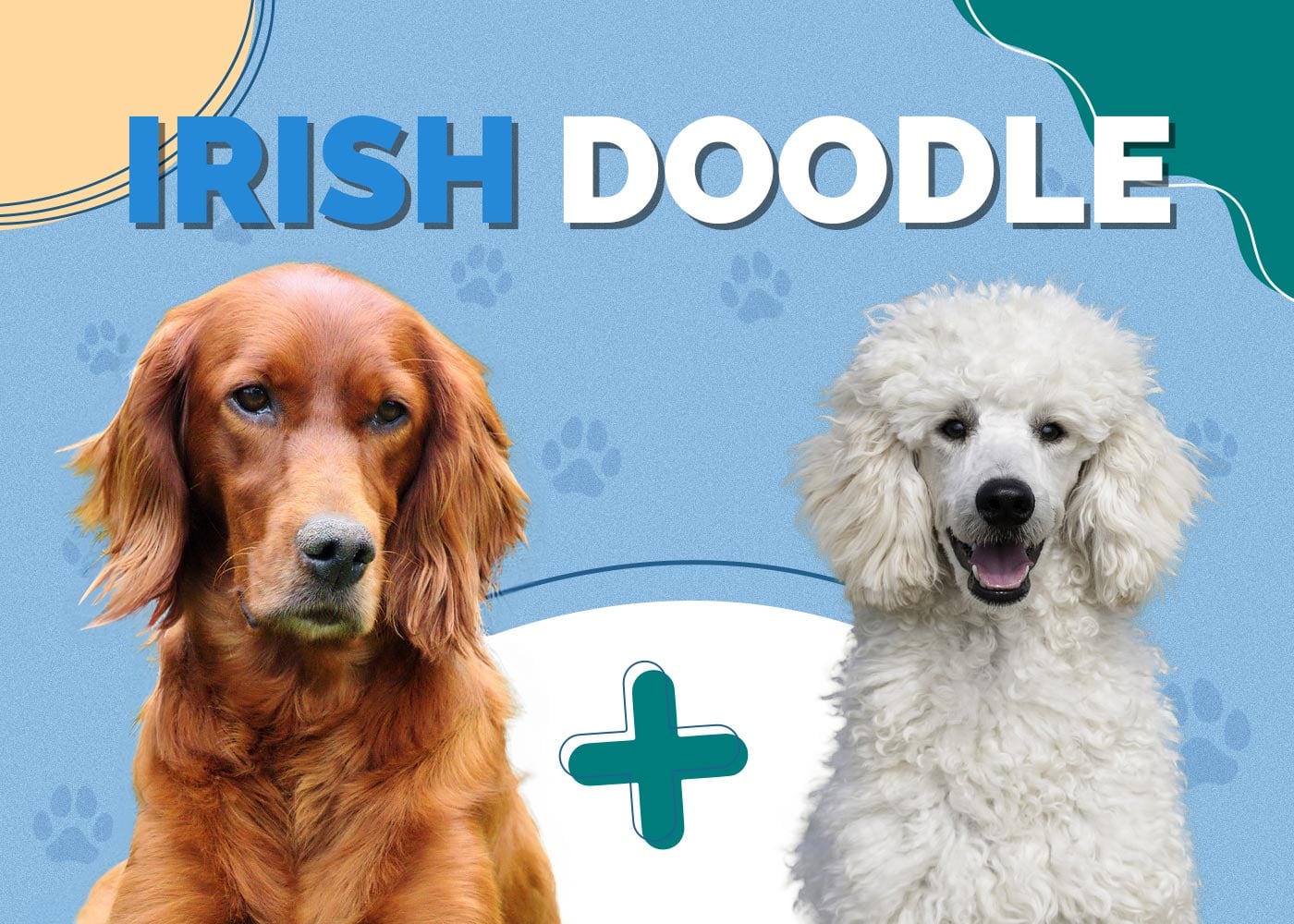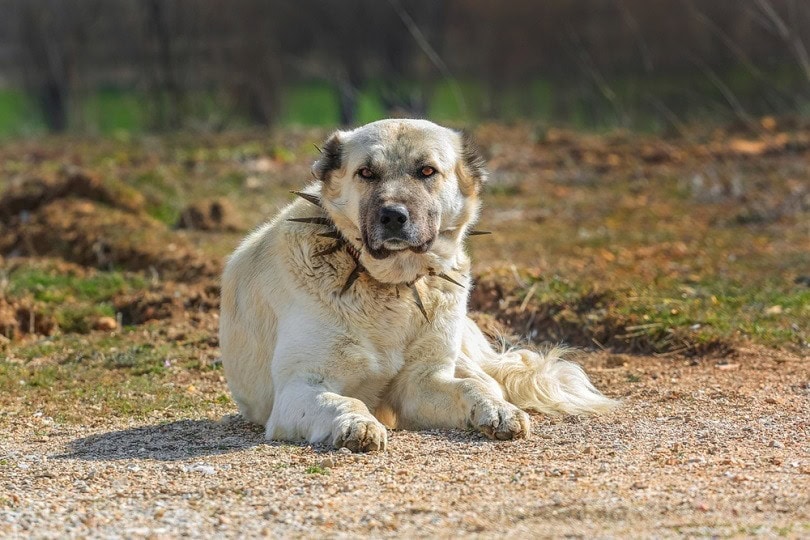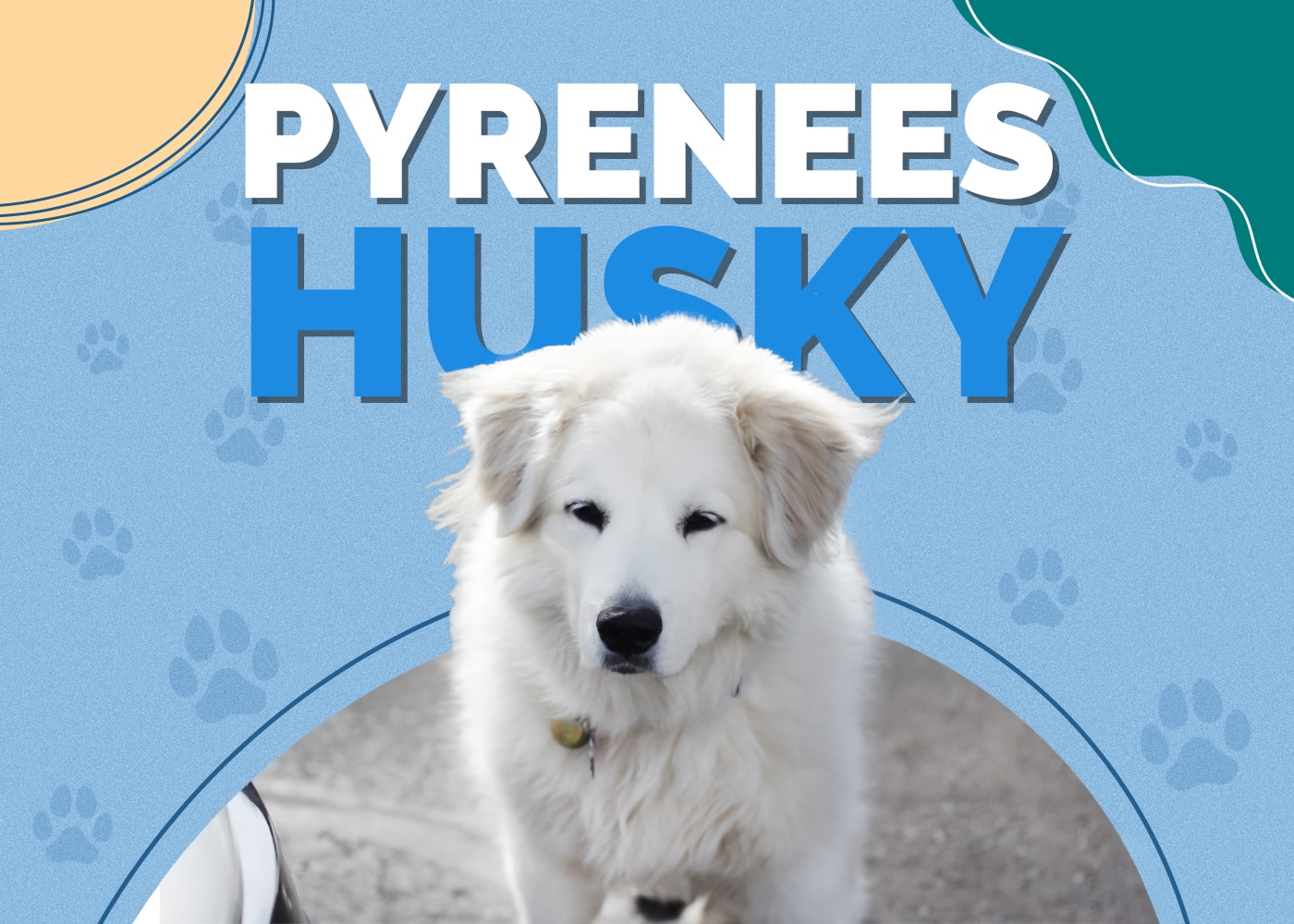Papichon (Papillon & Bichon Frise Mix): Info, Pictures, Characteristics & Facts

Updated on

Height:
10-12 inches
Weight:
9-15 pounds
Lifespan:
13-15 years
Colors:
White, brown, sable, red, black
Suitable for:
Those looking for a companion, large families, apartment dwellers
Temperament:
Huge personality, very happy, extremely social, sensitive
Are you a big fan of small breeds? If so, the Papichon might just be the ultimate pooch for you. Crossbred between a Bichon Frise and Papillon, these little furballs are one of the most loving companion dogs ever.
And not only are they super loyal to you, but they’re friendly to everyone else. This is a trait rarely seen in other small breed companion dogs. This makes them incredible family dogs, and they’ll get along with just about any other family pet as well.
They do have their challenges, including grooming and training. But we believe these are minor nuances that you’ll get around. The Papichon is a wonderful dog breed for almost everybody. Let’s take a closer look at these tiny little goofballs!
 Papichon Puppies
Papichon Puppies
If you’re into smaller dogs, it seems like the Papichon is the all-around package. They’re wonderfully cute and make great companion dogs. However, they seem to lack the inferiority complex and aggressiveness often associated with smaller dogs. Instead, they just love being around people and being the center of attention.
But that’s where you may start to experience some issues.
Papichons don’t just crave attention. They need it constantly. These pups rank near the top of the list when it comes to separation anxiety. The feelings they’ll experience when you leave the house without them are just so heartbreaking. And there’s usually just one way they tend to get over it—destructive behavior.
These pups can turn into miniature tornadoes when they’re left alone. No piece of furniture, stray slipper, or other accessible chew-thing is safe. However, this behavior can be prevented through early training and proper ingress and egress methods.
Also, they can get to be a bit yappy. This isn’t normally out of anxiety, fear, or anger. Your Papichon will probably bark due to happiness and excitement. While having a happy, cheerful dog is a great thing, their barking may be a bit much for your neighbors if not properly controlled.
These pups are pretty smart though, so training them to bark less—through positive means—isn’t too far-fetched.
3 Little-Known Facts About the Papichon
The Papichon is a relatively new breed, bursting onto the scene only in recent years. So, there’s still limited information on them. However, they come from two well-documented and regal lineages.
1. The Bichon Frise Was Once the Explorer of the Dog World
Before the Bichon Frise found itself as a favorite household pooch, it had a long history of travel and exploration. They were very popular companions among French explorers and would accompany traders on the Phoenician trade route as well as Spanish seaman during their travels. Eventually, the Bichon Frise would find itself gracing the royal courts of Europe as a companion to kings and queens alike.
2. Papillons Were Once One of the Most Popular Royal Dogs in Europe
The Papillon was once one of the most regal dogs in all of European history. They were found in royal houses and ruling families ranging from England to France to Italy and everywhere in between. Perhaps the most famous of these Papillons belong to Louis XIV of France whose pup is found in several royal paintings.
3. Papillons Get Their Name from Butterflies
Papillons are of the Spaniel classification of dogs and are also known as the Continental Toy Spaniel. However, there are multiple variants of the Continental Toy Spaniel. What sets the Papillon apart is its perky, fringed ears. Their ears when perked up resemble butterfly wings and thus give them their name. Papillon is French for butterfly. There is a variant of drop-eared Continental Toy Spaniels known as the Phalene which translates into “moth” in French.

Temperament & Intelligence of the Papichon 🧠
Although the Papichon is a small companion dog, they don’t exhibit this group’s traditional tendencies. Most times when you imagine a small companion dog, you’re looking at a highly protective dog attached to a singular person who’s not afraid to get nippy if given the chance. The Papichon isn’t like that at all.
They’re absolute lovers. There’s nothing they love more than being the center of attention for everyone around who is willing to lend a loving pat. And while they may be clingy, it’s not necessarily to one person.
They’re also very smart dogs and train relatively easily. Papichons love to please their masters and will take on new tricks quickly.
Are These Dogs Good for Families? 🏡
Papichons are great family dogs! These little furballs just love frolicking and playing with anyone who’ll let them. And they’ll have no trouble assimilating into any group that will shower them with the attention they crave. The biggest concern when it comes to adding a Papichon to your family is small children.
Although the Papichon might not realize it 100% of the time, they can be relatively fragile due to their diminutive size. Younger children must be properly educated on how to gently handle the Papichon so the pup isn’t injured in a playful accident.
Does This Breed Get Along with Other Pets? 🐶 😽
These pups have no problem getting along with other dogs. In fact, they’ll relish the opportunity to have a playmate and someone to keep them company—especially if you’ll have to leave them alone for extended periods.
And since they don’t have a high prey drive, they’re great around other pets as well. If you do see them chasing the cat, it’s probably because they’re just looking to play or snuggle with them.
 Things to Know When Owning a Papichon:
Things to Know When Owning a Papichon:
Owning a Papichon is similar to owning any other dog. They all require the basics of food, exercise, and training. However, there are some special considerations you should keep in mind when dealing with a dog such as the Papichon.
Food & Diet Requirements 🦴
Even though the Papichon has a giant personality, they just aren’t that big. And that means they don’t require much food. One cup of food per day is all they need. Papichons aren’t prone to overeating either. They’ll normally stop themselves when full even if that means leaving a bowl half-finished.
Due to the smaller amount of food they need, you can afford to invest in some higher quality dog foods. We recommend Blue Buffalo Life Protection Small Bites. It’s got everything your pup will need to stay happy and healthy while coming in a kibble sized specifically for smaller mouths.
Exercise 🐕
These little bundles of fur are relatively energetic and require a bit more exercise than the average dog of their size. We recommend giving them at least an hour’s worth of play and activity every single day.
Having a fenced-in yard will make this very simple; however, you don’t need to have too much space for them to be satisfied. You can even provide them with enough mental and physical stimulation inside a small apartment. Just make sure they get a good walk in each day, and your Papichon will be just fine.
Training 🦮
As we mentioned above, the Papichon is a very intelligent dog that can be easily trained. However, you have to be very careful about how you train them. The Papichon is a very sensitive pup and hates to disappoint.
So when training them, anything short of positive reinforcement may be counterproductive. Scolding them may just cause them to sulk instead of learning.
Grooming ✂️
One of the most tedious parts of owning a Papichon is the grooming. They have mid-to-long length coats that are soft and curly. This means that tangles and knots can become a real issue. You’ll need to brush them down at least twice a week. However, they’ll probably love it if you did it more. Also, you’ll need to have them professionally clipped every two or three months to help keep their coats manageable. Fortunately, they aren’t excessive shedders despite their impressive coats.
When it comes to bathing them, they only should be washed when they need it. They can suffer from allergies, and anything but a very mild soap will disrupt their natural oils and cause a rash. If your Papichon has floppy or folded ears, you will need to be especially vigilant in keeping them clean due to the increased chance of bacteria buildup and infection.
Health and Conditions ❤️
When it comes to breeding designer dogs, the resulting hybrid can always inherit diseases from either lineage. And they’re often prone to the same illnesses as the parents.
Fortunately for the Papichon, both the Bichon Frise and Papillon are rather robust pups. And that’s evident in the Papichon’s ability to stave off illness and disease. There’s not too much they fall victim to. The most frequently inherited health problem Papichons have is bladder stones, while the most common condition they inherit is allergies.
- Allergies
- Patellar luxation
- Hip dysplasia
- Bladder stones
 Male vs Female
Male vs Female
When it comes to differences between the male and female Papichon, there is little to remark upon. Females are generally smaller than males, however, this isn’t a hard and fast rule. Whichever sex you get, it is important to spay or neuter your Papichon to prevent puppies and reduce the risk of certain types of cancers and undesirable behaviors.
 Final Thoughts
Final Thoughts
If you’re looking for a small breed family dog, there are few breeds out there as ideal as the Papichon. They’re super loving, energetic, and don’t exhibit the common aggressive tendencies that many other small breeds do.
Papichons will unconditionally love you provided that you give them the respect and attention they deserve. You just need to be wary of their separation anxiety issues. Fortunately, this can be avoided through early training and appropriate departure and return rituals. You could also just get a second Papichon so they’ll never have to be alone!
- Read Also: 11 Homemade Dog Food Recipes for Small Dogs
Featured Photo Credit: Pixabay
 Papichon Puppies
Papichon Puppies Things to Know When Owning a Papichon:
Things to Know When Owning a Papichon: Male vs Female
Male vs Female Final Thoughts
Final Thoughts








